Cancer discovery news
Our researchers are making the discoveries that defeat cancer. Read the latest findings from our world-leading research.
Visit our main news hub to read about news on new funding, our fundraising activities and much more. If you want to keep updated on our news, you can follow us on social media or sign up for our Search newsletter.
If you’re a journalist and want to find out more, you can contact our media relations team.
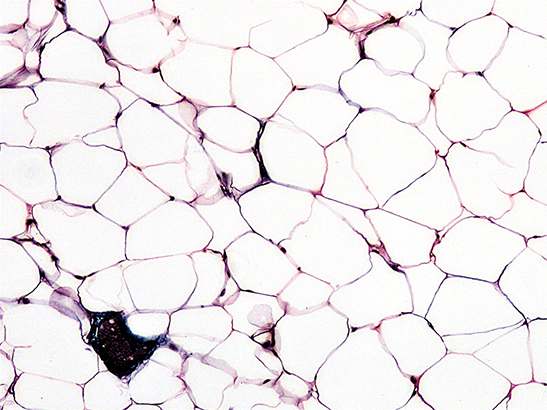
Obesity and tumours: What’s cancer eating for lunch?
Obesity is one of the leading factors contributing to cancer development worldwide. In this feature, Joanne Duffy speaks to Dr Barrie Peck about how fat affects cancer on a molecular level, the relationship between obesity and cancer, and why it's all more complicated than it seems.
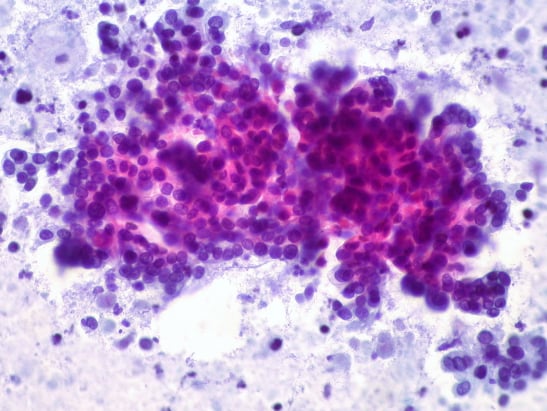
Squaring up to silent tumours: the research burden of pancreatic cancer
This rare disease day, Joanne Duffy looks at some of the cutting-edge research taking place at the ICR.

World’s largest sarcoma research database aims to revolutionise sarcoma treatment after multi-million pound investment
Researchers at The Institute of Cancer Research, London, and The Royal Marsden NHS Foundation Trust, working alongside collaborators from around the globe, are set to begin work on the world’s largest digital hub of sarcoma clinical and research data after receiving a £2.5m grant.
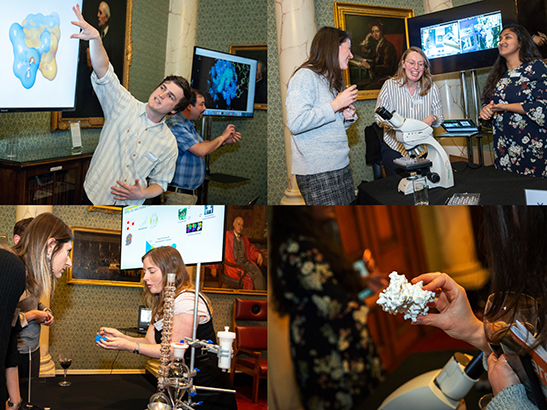
ICR experts show Discovery Club how to build the cancer drugs of the future
Members of the ICR’s Discovery Club saw first-hand the delicacy and complexity of techniques used to sculpt new drug molecules, as they learned how our scientists design the cancer drugs of the future.

Scientists identify drug fragments that could lead to new cancer drugs
Researchers have found drug fragments, which could help improve our understanding of the function of a key cancer protein and ultimately lead to new drug treatments.
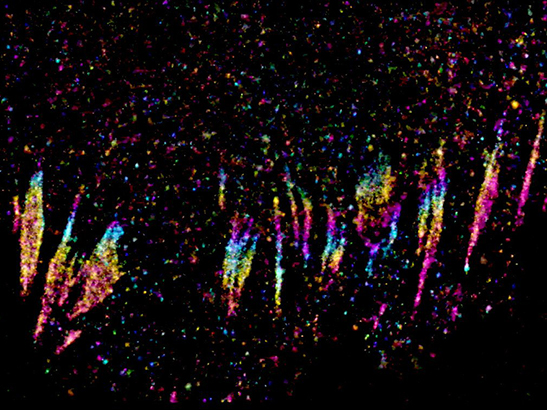
Cancer close-up – how the latest imaging technology is helping us understand how cancer spreads
Cancer’s ability to move and spread around the body is one of its most dangerous aspects. Science Communications Officer, Graham Shaw, spoke with the ICR’s Professor Chris Bakal to learn how cutting-edge imaging is helping him to look at cancer cells in unprecedented detail to understand how they move.
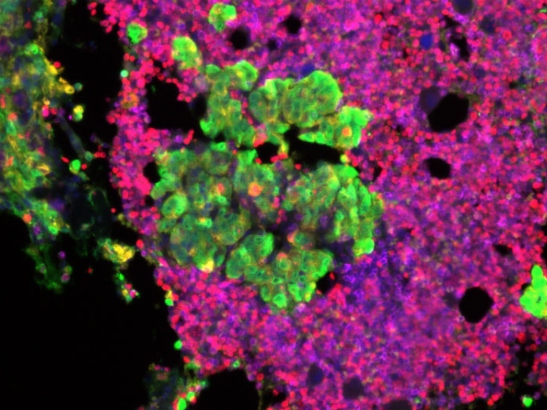
Clinical trial aims to side-step side-effects with state-of-the-art radiotherapy
A major clinical trial has shown that changing the way radiotherapy is delivered could significantly reduce the side effects associated with radiotherapy treatment for prostate cancer.
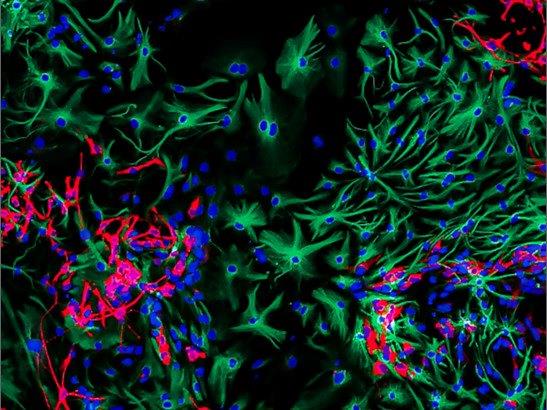
The Art of Science – Cutting edge science and captivating images
Researchers from the ICR and The Royal Marsden submitted fantastic images to this year’s ICR Science and Medical Imaging competition, with winning images by PhD student Sumana Shrestha showcasing just how captivating scientific and medical images can be.
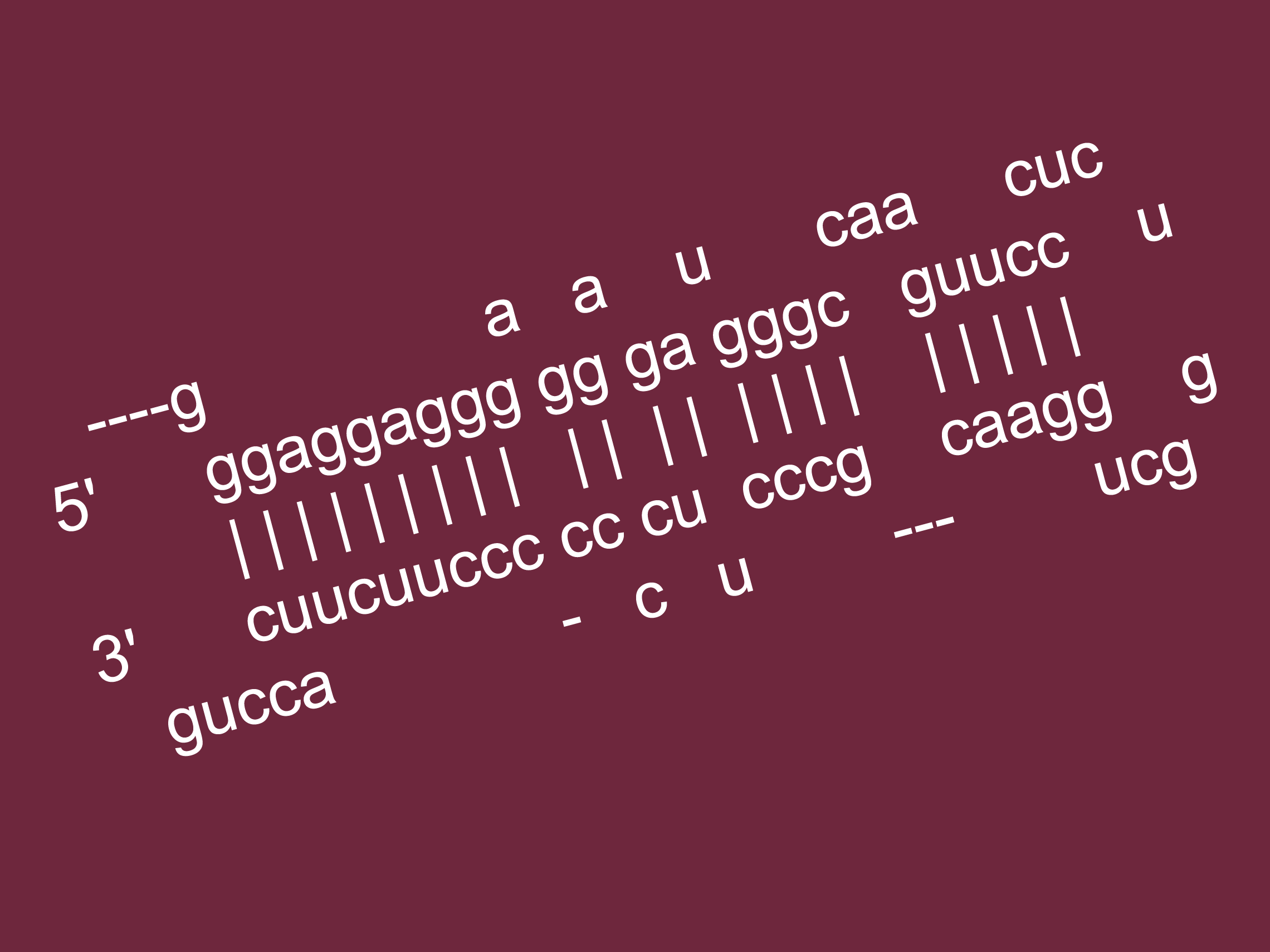
'Genetic rewiring' by a microRNA gene drives cancer’s drug resistance
A tiny molecule of RNA – known as ‘microRNA’ – plays a key role in ‘rewiring’ cancer cells so they can resist the effects of chemotherapy, a new study reveals. The discovery opens up the possibility of creating new cancer drugs that target this microRNA molecule, rather than more conventional treatments that block the action of proteins.
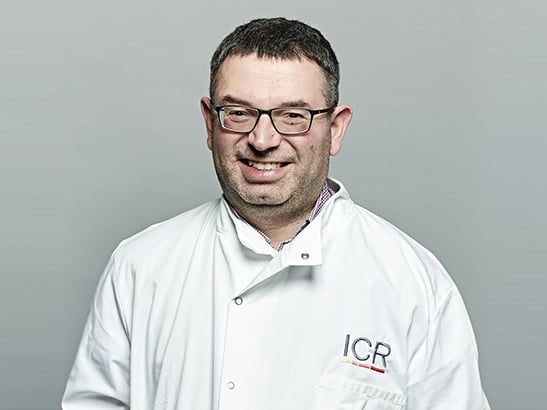
Cancer vaccine could boost the effectiveness of immunotherapy
Supercharging the mutation rate in cancer cells can create a powerful vaccine that is able to boost the effectiveness of immunotherapy, a major new study reports.
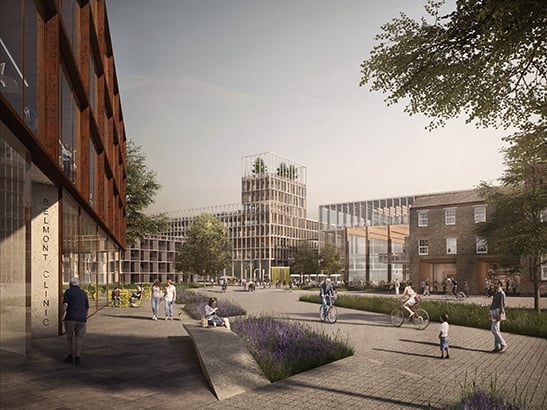
Major investment to transform UK’s leading cancer campus
A new multimillion investment is to drive forward development of The London Cancer Hub – boosting efforts to turn it into the world’s leading life-science campus focused on overcoming cancer.
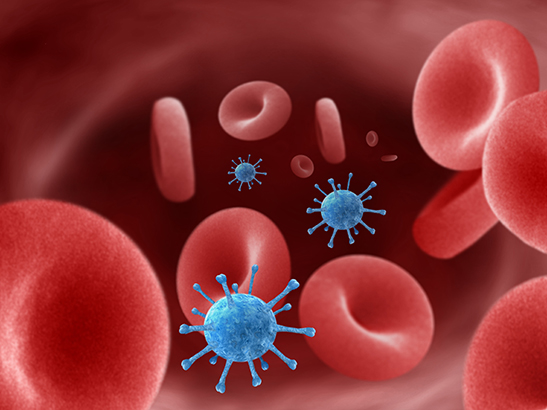
Fit to burst: How cancer-exploding viruses are changing the game
Oncolytic viruses are viruses which can burst cancer cells. In this feature, Joanne Duffy takes a look at what ICR researchers are doing in this realm, and how oncolytic viruses can help us target cancer more effectively.